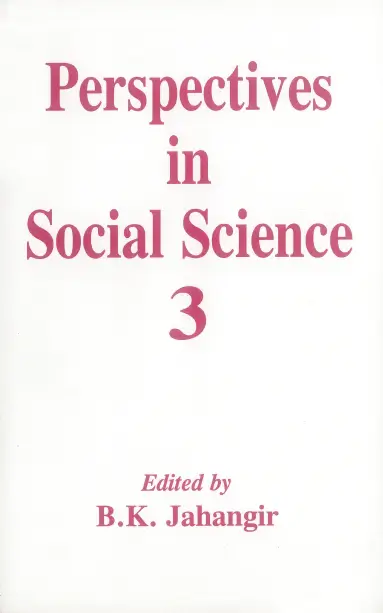
Perspectives in Social Science
Volume 3 April 1990
Perspectives in Social Science
Collective Security and the Persian Gulf
Perspectives in Social Science
Volume 3 April 1990
DOI:
ISSN :
Abstract
Collective security has long been recognised as a useful system for the maintenance of international peace. It purports to build up such a combination of power that no state or combination of states would dare pose a threat to international peace and security. It aims at the preser- vation of the status-quo. "One for all and all for one" is the watchword of this system. Here peace is no longer the responsibility of an individual state, rather the responsibility is shared by the entire community of states. It can be argued that this is an attempt on the part of the sovereign states to centralize the decentralized nature of our legal regime. The concept gained currency in inter- national relations after the First World War.
Led by the idealist President of the United States (U.S) Woodrow Wilson, there was world-wide condem- nation of the age-old device of peace maintenance- Balance of power-as the major cause and breeder of war. Instead of this traditional device, the novel and noble principle of collective security was accepted. This was incorporated into the Covenant of the League of Nations
